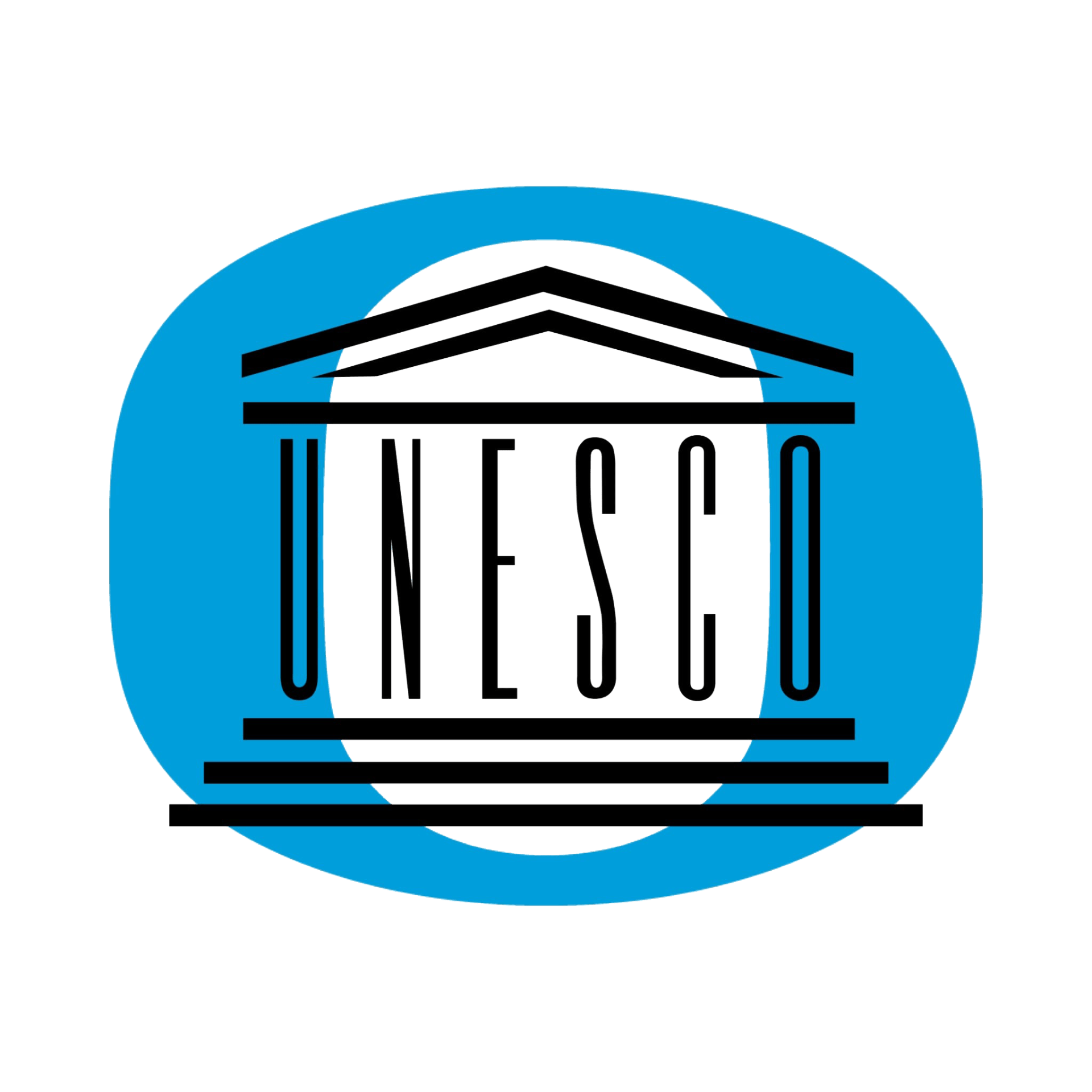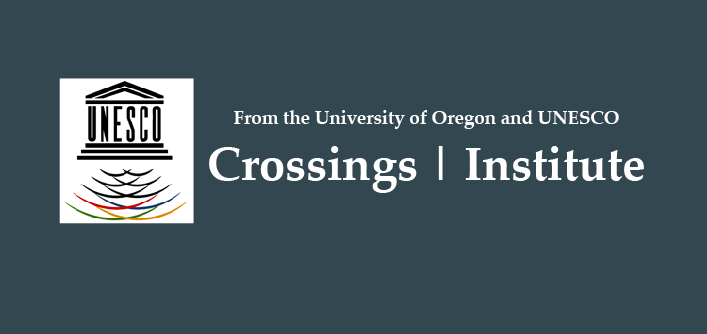“Speak American!” Sarah Palin counseled to Jeb Bush recently, echoing Donald Trump’s criticism of Bush’s frequent fluent Spanish while speaking on the presidential campaign trail. Although Palin quickly clarified her advice by adding, “Let’s speak English. (A) unifying aspect of the nation is the language that is understood by all.”
Palin’s admonition to “speak American” resonated with me. It reminded me that here in the States we do speak a loose and always-changing American English that reflects the reality of our melting pot.
Years ago, when I returned home from grammar school with muddy shoes, my father would call out — I think only half in jest — that I should wipe my feet before coming in the house and not be a Schweinhund. Born in Budapest, his English was flawless, but he peppered it — as all Americans do — with words borrowed from other languages.
I grew up in Sausalito, California, listening to my father’s typical Middle European easy use of half dozen languages. He greeted the Italian bakers in North Beach with a hearty, Buon giorno; he heard Danke schön from appreciative German visitors who needed directions to tourist attractions; and he tolerated my aunt when she insisted on speaking to him in Hungarian decades after they passed through Ellis Island.
I’m sure the linguistic potpourri at home influenced my career choices, first as an NBC News correspondent reporting from all over the world, and now as an academic researching migration, border and identity. At the University of Oregon, I teach journalism students techniques for reporting and interviewing across language barriers. One of the first lessons they learn is how welcoming American English is to the influence of other tongues.
An ultimate example of linguistic borrowing facilitates communication along our southern border. The potent mix of Spanish and English creates a uniquely American (geographic America, not just the “United States of”) argot throughout the borderlands. Spanglish thrives there and stretches north — a rich third patois that also can be called an American language.
As Americans, we should celebrate speaking Mixmaster variations of English. They provide us entrée into other cultures, and they help open the U.S. to immigrants who come to our shores without the language skills my father enjoyed.
There’s a sobering joke told around the world: What do you call someone who speaks three languages? Trilingual. What do you call someone who speaks two languages? Bilingual. And what do you call someone who speaks one language? The worrisome answer is, of course, American.
So with the hope that we all find the tools we need to keep talking with each other, I offer this open letter of support to Sarah Palin:
¡Hola, Sarah Palin! What chutzpah you showed when you joined the brouhaha about language, responding to that bon vivant Donald Trump’s suggestion that Jeb Bush stop speaking Spanish with your call that we gringos should all “speak American.” It was a typical bon mot on your part, reminiscent of your “how’s that hope-changey stuff working out?” remark. But this time you caught the Zeitgeist. I say basta to the dilettante English-only crowd, too, as I wander this great country from Sault Ste. Marie, Michigan, to New Braunfels, Texas, from Cairo, Illinois, to my own San Francisco. We’ve been speaking, writing and reading American here in these United States since the Pennsylvanischer Staatsbote editor thought carpe diem and his became the first newspaper to publish the Declaration of Independence on the fifth of July, 1776 — in German. Ciao!
Click here to read the above column by University of Oregon-UNESCO Crossings Institute Co-Director & James Wallace Chair in Journalism Peter Laufer in OregonLive/The Oregonian. The views expressed herein do not necessarily reflect those of UNESCO or the University of Oregon-UNESCO Crossings Institute.



Looking for premium escorts in Lahore escorts service?
We have the best services.
This is my first time pay a quick visit at here and
i am actually impressed to read all at single place.
Also visit my web blog – Lahore escorts
The finest Murree Call Girls in Murree girls offer a seamless blend of elegance and charm.
Their delightful company will make every moment spent together
truly unforgettable.
Hi there! Do you use Twitter? I’d like to follow you if that would be ok.
I’m undoubtedly enjoying your blog and look forward to new posts.
Here is my website … Trippy Treats Psychedelic